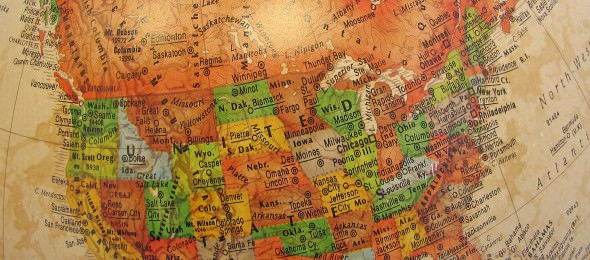Amy Schmitz, Professor of Law at the University of Colorado Law School, has authored an interesting article entitled, American Exceptionalism in Consumer Arbitration, Loyola University Chicago International Law Review, Vol. 10, No. 1, 2013; U. of Colorado Law Legal Studies Research Paper No. 13-7. In her paper, Professor Schmitz describes business-to-consumer arbitration policy in the United States and the effect it may have on cross-border disputes.
Here is the abstract:
“American exceptionalism” has been used to reference the United States’ outlier policies in various contexts, including its love for litigation. Despite Americans’ reverence for their “day in court,” their zest for contractual freedom and efficiency has prevailed to result in U.S. courts’ strict enforcement of arbitration provisions in both business-to-business (“B2B”) and business-to-consumer (“B2C”) contracts. This is exceptional because although most of the world joins the United States in generally enforcing B2B arbitration under the New York Convention, many other countries refuse or strictly limit arbitration enforcement in B2C relationships due to concerns regarding power imbalances and public enforcement of consumer protections. The resulting clash in arbitration policy has left consumers in cross-border cases uncertain whether they must abide by arbitration clauses in an increasingly global marketplace.
This and other scholarly articles written by Professor Schmitz may be downloaded free of charge from the Social Science Research Network.











